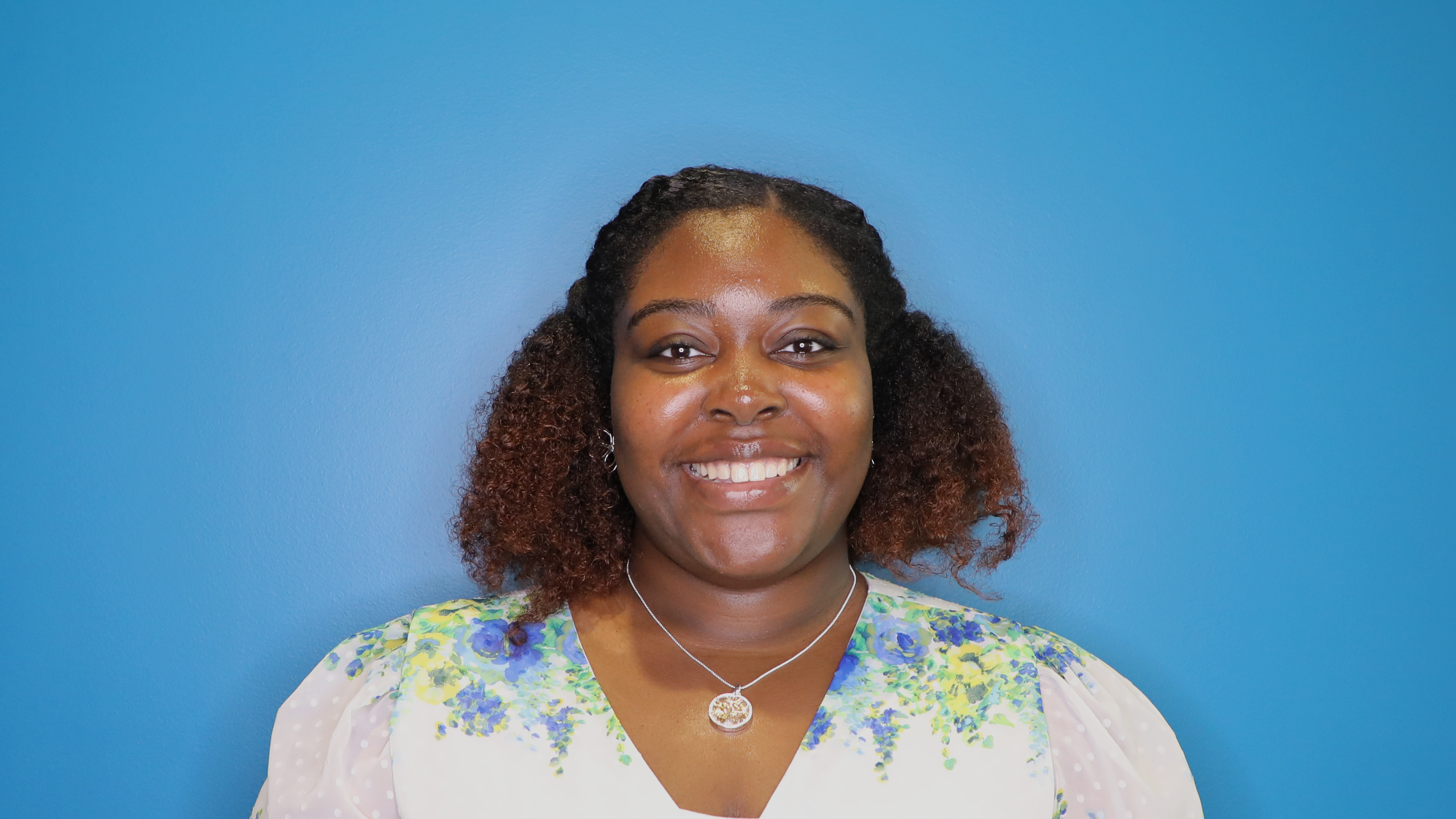Forum Spotlight: Reach NC Voices

A lot is different about the upcoming Emerging Issues Forum “ReCONNECT to Community.” First, we’re having a forum in the fall as we kick off ReCONNECT NC, a larger, three-year initiative that will look at the topics of civic, social and economic reconnection with six forums around the state.
Second, “ReCONNECT to Community,” which will focus on civic engagement, is happening in beautiful, scenic Asheville, and is the first forum in the Institute for Emerging Issues 30-plus year history that will happen outside of Raleigh.
Third, this forum, being held at the Asheville Crowne Plaza Resort Sept. 17, will be smaller and more interactive than forums of the past. We want to talk WITH you, not AT you, and one of the tools helping us do just that is Reach NC Voices polling, which the folks at Education NC (Reach NC’s umbrella organization) are graciously partnering with us to use.
The interactive polling feature was developed by Reach NC about a year and a half ago and allows for interactive, real-time polling at large events like the Emerging Issues Forum. Attend the “ReCONNECT to Community” forum this September (and we hope you are—register HERE!) and you just might have a couple of presenters ask you questions to which you can immediately text an answer and then see your responses, in graph or text form, projected on a screen.
Anonymous and fast, the polling allows for audience interaction on a number of levels, important to get any crucial conversation started. 
“An important part of policy change is dialogue,” said Nation Hahn, Education NC’s chief growth officer, who sees interactive polling as part of a “third wave” of social media focused around using technology to collaborate and discuss.
And Reach NC polling aims to be as much about dialogue as it is about data collection, said Analisa Sorrells, associate director of policy & engagement at Education NC. Reach NC also uses a weekly online newsletter platform to send out a weekly polling questions. A recent poll about people’s opinions of driverless cars followed a typical format: An open-ended question that all participants got and then subsequent questions tailored to the first response being asked by a Education NC/ Reach NC team member.
“I think that really creates a user experience,” Sorrells said of the polling’s two-way dialogue.
Bryan Noreen, a Reach NC data scientist who helped develop the polling, said the technology allows Reach NC to have important conversations with statewide involvement. “Working with data is like trying to solve a puzzle,” he said. Right now, that puzzle is what Reach NC and its partners like IEI see as important topics affecting all of North Carolina. Interactive polling is just one more way to help put the pieces into place.
–Beth Hatcher
- Categories:


